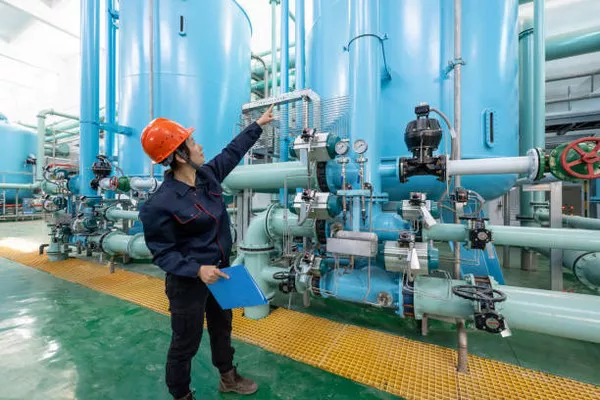Coca-Cola Europacific Partners (CCEP) is taking significant steps towards sustainable packaging by investing in carbon conversion research. This innovative project, conducted in collaboration with researchers at Swansea University, aims to revolutionize the manufacturing of ethylene, a critical component in plastics, including the HDPE used for plastic bottle caps.
The research initiative explores an alternative method for ethylene production that relies on capturing carbon dioxide (CO₂) from the atmosphere, as opposed to traditional fossil fuels. By using CO₂ as a feedstock, the project seeks to offer a more sustainable approach to creating plastic packaging.
Funded through CCEP’s innovation investment engine, CCEP Ventures (CCEPV), this project aligns with CCEP’s commitment to driving innovation and sustainability in line with its ambitious goal of achieving net-zero emissions by 2040.
Craig Twyford, Head of CCEP Ventures, expressed enthusiasm about the project’s potential impact, stating, “We’re incredibly excited about the potential of this research. We know that making our packaging materials more sustainable is key to decarbonizing our business, and technology will play an important role in helping us solve this challenge. Through Ventures, we are committed to seeking out and funding solutions that will build a better future for our business, communities, and the planet. If scaled, this technology could impact both our fossil fuel use and carbon emissions and help to accelerate a low-carbon future for CCEP.”
Professor Enrico Andreoli, Head of Chemical Engineering at Swansea University and the principal investigator of the project, shared his enthusiasm, saying, “We’re really thrilled to be working with CCEP to develop next-generation carbon dioxide utilization technology. We take a practical approach in our research focusing specifically on sustainable applications, and fossil-free ethylene production is certainly a key one. We build upon our strong background and expertise in carbon dioxide conversion and with the support of CCEP Ventures, our common goal of delivering low-carbon sustainable plastic can become a reality.”
Over the course of three years, the project will initially concentrate on developing an efficient and productive CO₂-to-ethylene conversion process. Subsequently, it will assess options for scaling up this transformative technology, potentially reshaping the future of sustainable plastic packaging.

